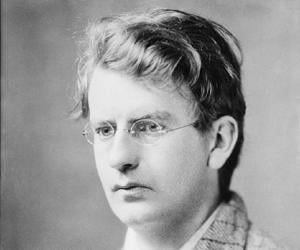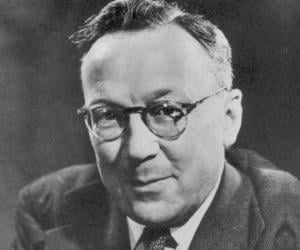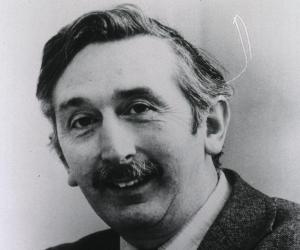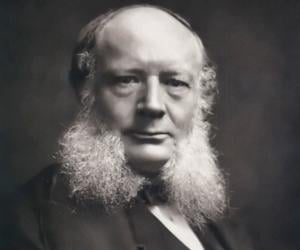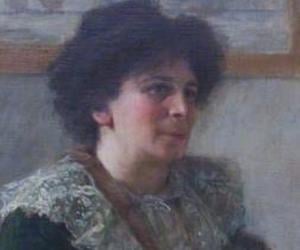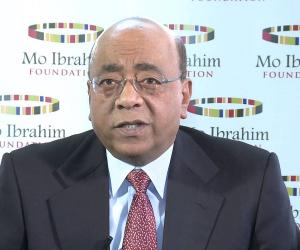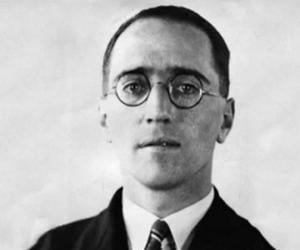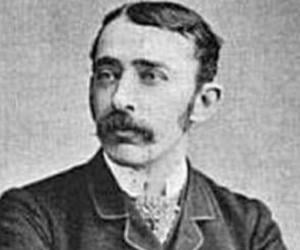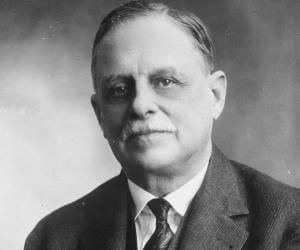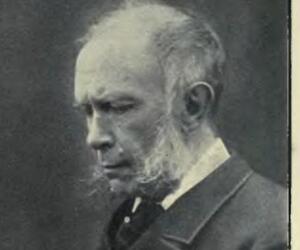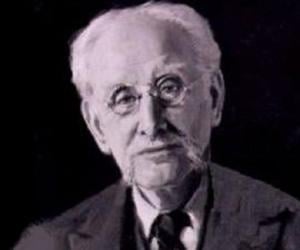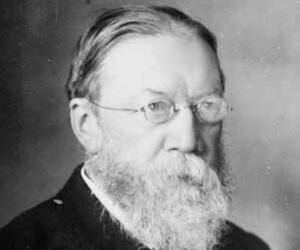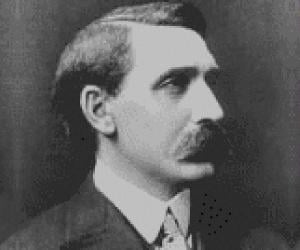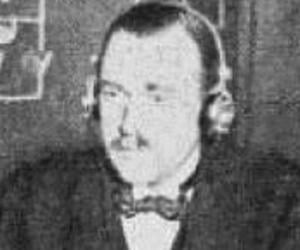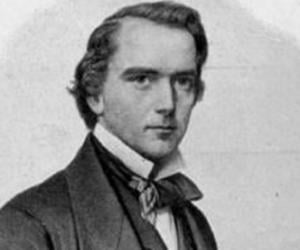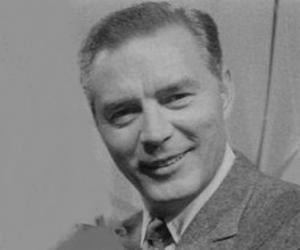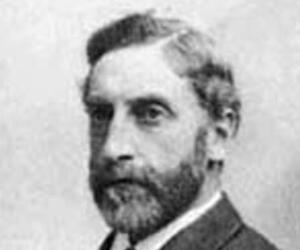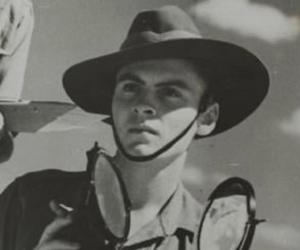1
John Logie Baird
(Engineer)
Birthdate: August 13, 1888
Sun Sign: Leo
Birthplace: Helensburgh
Died: June 14, 1946
John Logie Baird was a Scottish inventor, electrical engineer, and innovator known for demonstrating the world's first live working television system in 1926. He further invented the first publicly demonstrated color television system and the first viable electronic color television picture tube. His achievements include achieving the first transatlantic television transmission in 1928. Baird's contributions to broadcast television for home entertainment earned him a prominent place in television history. He has been recognized through various honors, including induction into the Scottish Science Hall of Fame and the Scottish Engineering Hall of Fame, as well as commemorative plaques and coins dedicated to his legacy.
